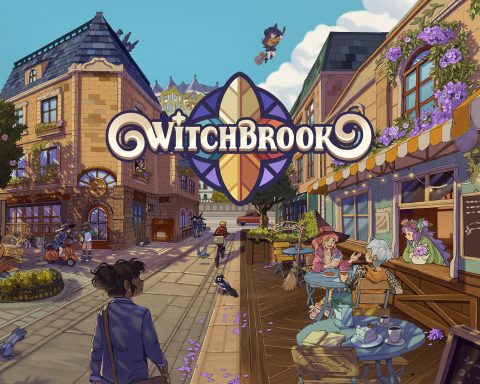More unfortunate news on the Zynga front; the once-darling of social gaming has announced it will close its Boston office and lay off five per cent of its global workforce.
This also puts its Japan and UK offices in immediate danger. In a memo circulated to staff, Zynga CEO, Mark Picnus, claimed the move was to streamline operations.
“This is the most painful part of an overall cost reduction plan that also includes significant cuts in spending on data hosting, advertising and outside services, primarily contractors,” Pincus said in the note.
As another consequence of this “streamlining,” Zynga will stop supporting 13 of its games.
This is a company that has lost three quarters of its share value in the past couple of months. It’s not entirely Zynga’s fault, as its most important ally, Facebook, has also been dragging the entire social media world downwards, but it’s depressing to see a company that had previously shown so much potential struggle so badly.
The big question is: is there an out for Zynga? It seems that there potentially is. The company is apparently building an advertising platform that would generate it a secondary stream of income, making it less dependent on social media revenues. This would, at this stage, seem to be a wise decision.








Firstly, my best wishes go out to all of those who've lost their jobs because of this.
But this is what happens when companies are real value are inflated by a non-cash value. The thought that because X-number of people are playing your FREE games means that you're worth billions of dollars was near unbelievable the first time I heard it. I've no faith in the "freemium" practice when it's built around social spamming and what happened today with Zynga doesn't surprise me one bit.
Yeah, there are more and more reports out there of companies that have gone with the freemium model, and not earned nearly enough money from it.
The reality is that the acquisition of freemium players that pay money for the game is one per cent of players, if that. Slightly higher for MMOs, but MMOs tend to offer greater value to players who commit to the game.
It works when you're at massive scale, or you have a partnership with, say, Facebook, that lets you spam player's friends list and acquire massive numbers of customers very quickly. When Facebook tightened the rules about auto-posting to friends walls, Facebook killed Zynga.
There's some hope – that advertising platform has potential, and Zynga has been publishing a few third party games successfully (Horn), but Zynga's future in social gaming is minimal, at best. Social gaming is flash-of-lightning success and about as long-term sustainable as a pop music song.
But Facebook doesn't make money from its users either. That's why it's failing on the stock market. They were over hyped right there with Zynga.
Anybody with a little bit of common sense knew that they weren't worth the outrageous amounts of money that they were supposed to be worth before they started trading. The only reason that they didn't bomb on day one was because they had a buffer built in that wouldn't let their stock drop fall below the $40 mark.
This is the fact, you either survive on the actual cash money you can accumulate (e.g. advertising) , or you find a way to sell a product to your users. Otherwise, you aren't making money. The notion that all these people that aren't spending a dime on a game makes that developer invaluable is asinine.
Yeah, I wasn't suggesting that Facebook was the happiest place in the world right now either. Facebook's slide is directly impacting on investor confidence in all social media, and that's pulling Zynga down either further.
There are ways to make "free" content, information or services monetisable. Whether it's a simple case of loss-leading, whether it's to enable cross-selling or upselling, whether it's something else like advertising, there are ways to make it happen. There are businesses out there that make money from Linux, which is free, because corporations that want to use Linux need people to provide tech support – offer Linux free, get the tech support contract.
And then there is of course the case of Google search, possibly the most famous free product in existence. That one is supported by advertising, of course, and it's where Facebook will eventually end up.
I do think Facebook will become a very valuable company in the future. It has a database of user information quite unlike anything else in existence, and that's worth a lot. It launched its IPO too early, I feel – chalk it up to Zuckerberg's young age.
But to pull it back to games – the problem with freemium games is that the free bit is the core of the game. Rather than have it as a lure on a hook, it's like the developers are throwing the bait into the ocean without remembering to attach them to hooks. That's when the model fails.
Yep, agree with all of the above.
There are a few free games that are indeed fun. Heck, I dropped money on Jetpack Joyride within minutes of playing it! DUST 514 is another great freemium modelled game, but sadly, the majority of freemium mobile games get it WAY wrong!